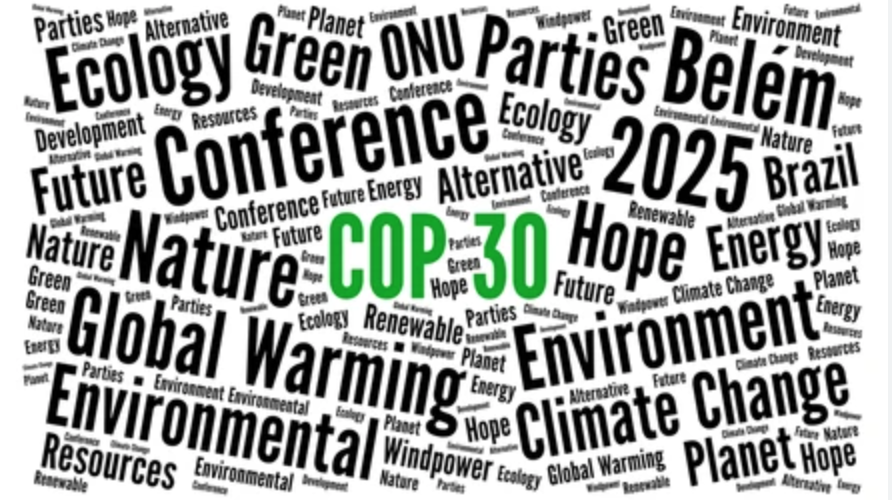Information on the treatment of your data
The personal data of the users who access the website www.wame2015.org will be treated in compliance with the European General Data Protection Regulation No.679/2016 (GDPR).
This information is used for the sole purpose of collecting anonymous statistical information on the use of the site and to control its correct functioning.
Data supplied voluntarily by the users through the menus of this site (for example sending a request for information or subscription to our Newsletter) is treated for the sole purpose of providing the service or the action requested.
In order to subscribe to our Newsletter it is necessary to register. You can unsubscribe at any time by writing to info@wame2015.org.
Cookies
No use is made of cookies for the transmission of information of a personal nature, neither are cookies used persistently that would allow the users to be traced.
Links to other websites. On the web pages of WAME you can find hyper textual connections (links) to other web sites, proposed in order to provide better services to the user. WAME cannot in any way be held responsible for the contents of these sites. The existence of a link to another site does not therefore imply approval or acceptance of responsibility by WAME in relation to its contents nor its privacy policy.
WAME is a project under the legal ownership of the A2A Group. For full privacy policy of the A2A please go to: https://www.a2a.eu/en/policy_en.

